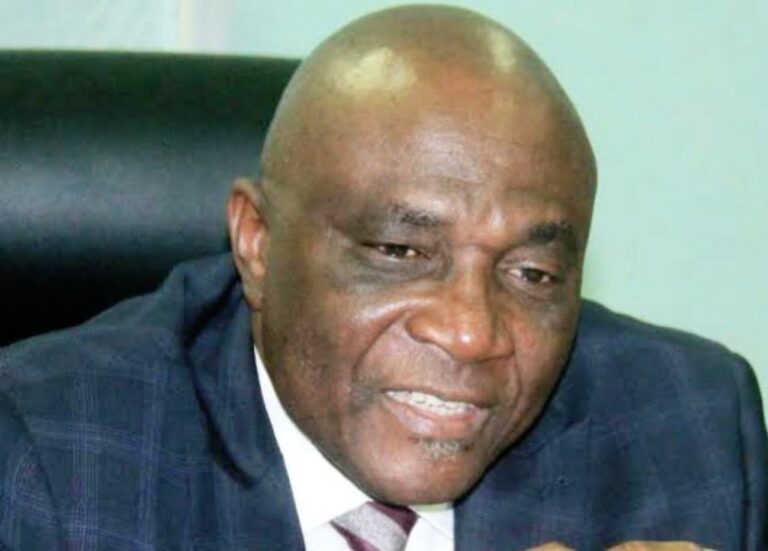
Nigeria’s total public debt could soar to ₦160.6 trillion by December 2025, according to a new projection by CSL Stockbrokers Limited, raising fresh concerns about the country’s fiscal sustainability.
The Lagos-based investment and financial advisory firm said in a report that the federal government may borrow an additional ₦9.3 trillion before the end of the year to finance the ₦9.8 trillion deficit in the 2024 budget.
The projected borrowing includes domestic and external sources.
This comes amid mounting revenue shortfalls and persistent dependence on borrowing to finance recurrent and capital expenditures.
CSL noted that as of March 2024, Nigeria’s public debt stood at ₦121.67 trillion ($91.46 billion), representing 45.3% of the country’s Gross Domestic Product (GDP). With the anticipated borrowing, the debt-to-GDP ratio is expected to rise to 50.5% by year-end.
“Considering the current challenges, including below-target oil production, currency pressures, and limited tax revenues, we expect the federal government to resort to increased borrowing to finance the projected deficit,” CSL stated.
It added that the government may struggle to raise the required funds from external creditors due to unfavourable market conditions, leading to increased domestic borrowing, which could further pressure interest rates and crowd out private sector investment.
The rising debt has sparked debate among economists and civil society groups, who warn that the country risks falling into a debt trap unless urgent measures are taken to expand revenue and rationalize expenditure.
Despite the concerns, the Tinubu administration has defended its borrowing plans, citing the need to invest in critical infrastructure and social services to drive growth and development.
Analysts say the government must balance its borrowing with tangible economic outcomes to avoid worsening Nigeria’s already fragile macroeconomic indicators.


